1 March 2025
The luxury housing market — it’s the crème de la crème of real estate, isn’t it? High-end properties aren’t just homes; they’re status symbols, investments, and dream spaces for those seeking the finer things in life. So, why do some luxury housing markets skyrocket while others seem to lag behind? What exactly drives affluent buyers to purchase that multi-million-dollar penthouse or that sprawling estate near the shore?
Let’s roll up our sleeves and take a deeper dive into the key factors influencing the growth of luxury housing markets. Whether you’re a real estate investor, an agent, or just someone curious about this glitzy segment of the property world, you’ll find this guide helpful in connecting the dots.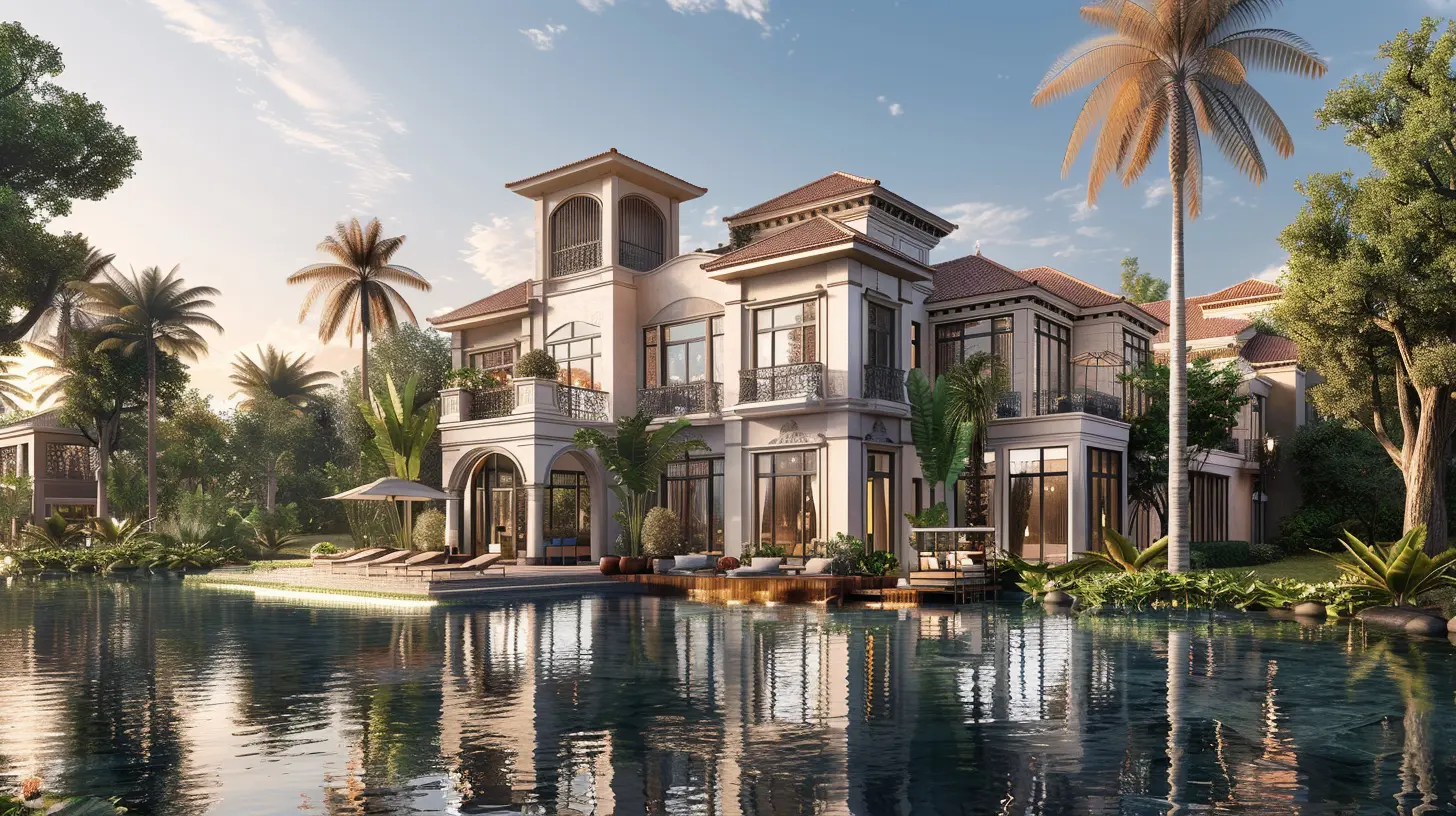
1. Location, Location, Location!
Alright, let’s state the obvious first — location matters. But in the luxury real estate market, location is more than just being close to schools or shopping centers. It’s about exclusivity and prestige. High-net-worth individuals (HNWIs) often look for properties in neighborhoods or regions that not only offer convenience but also scream sophistication and affluence.Think of places like Beverly Hills, Manhattan’s Upper East Side, or Lake Como in Italy. These aren’t just addresses; they’re lifestyles. Proximity to scenic views, beaches, or even cultural and historical landmarks can skyrocket a property’s value in the luxury market. After all, who wouldn’t want to wake up to a breathtaking ocean view or an iconic city skyline?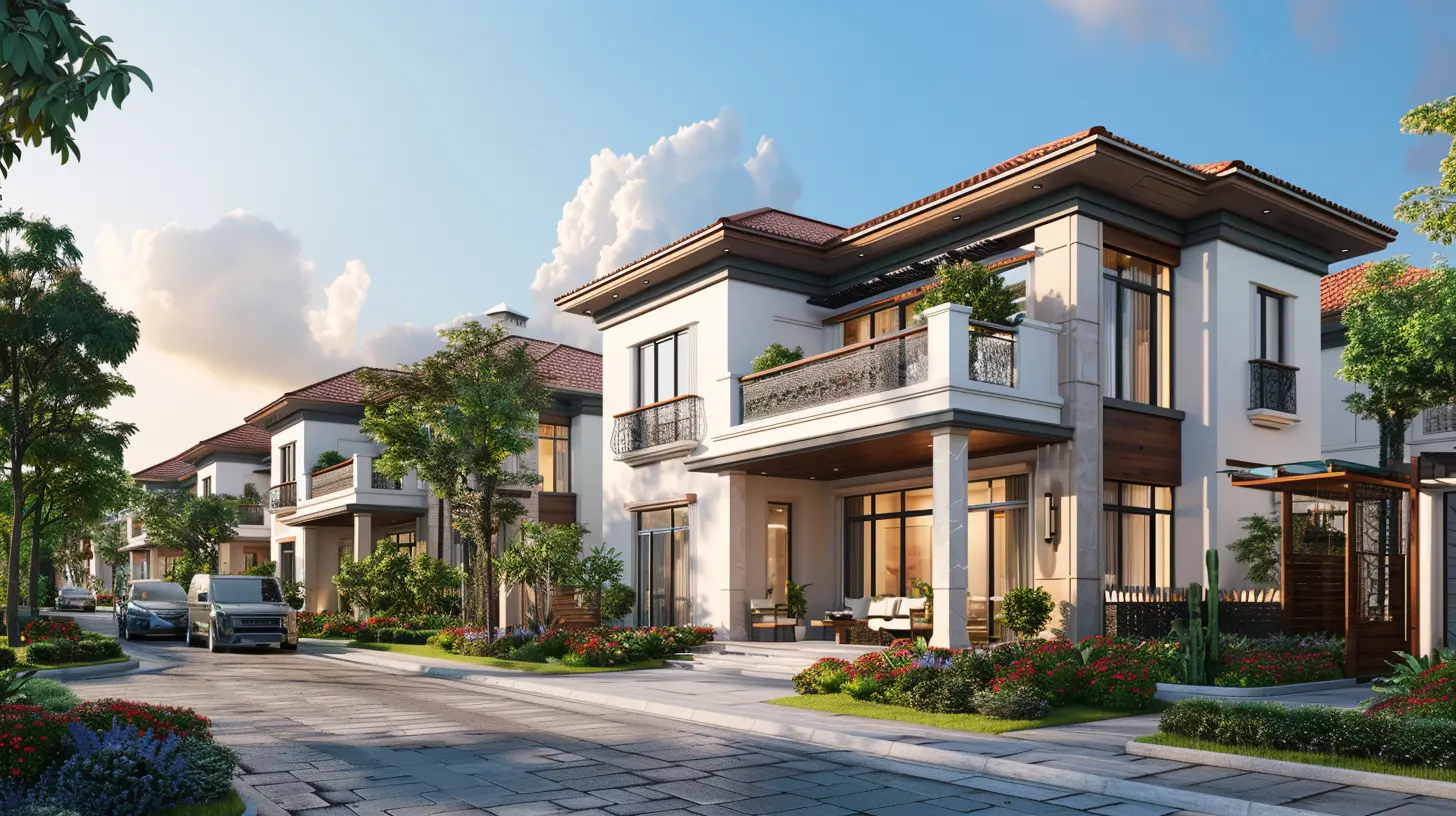
2. Economic Growth and Stability
Ever heard the phrase, "Money flows where there's stability"? Well, it holds especially true for luxury real estate. When economies are strong, people (and businesses) thrive. Stock markets perform well, and consumer wealth rises, paving the way for an increased appetite for luxury homes.If a country or city has a booming economy, you’ll usually see a corresponding growth in its luxury housing sector. For instance, the tech boom in cities like San Francisco brought with it a surge in high-income buyers looking for premium properties. On the flip side, market uncertainty or economic downturns can make even the wealthiest hesitant to invest.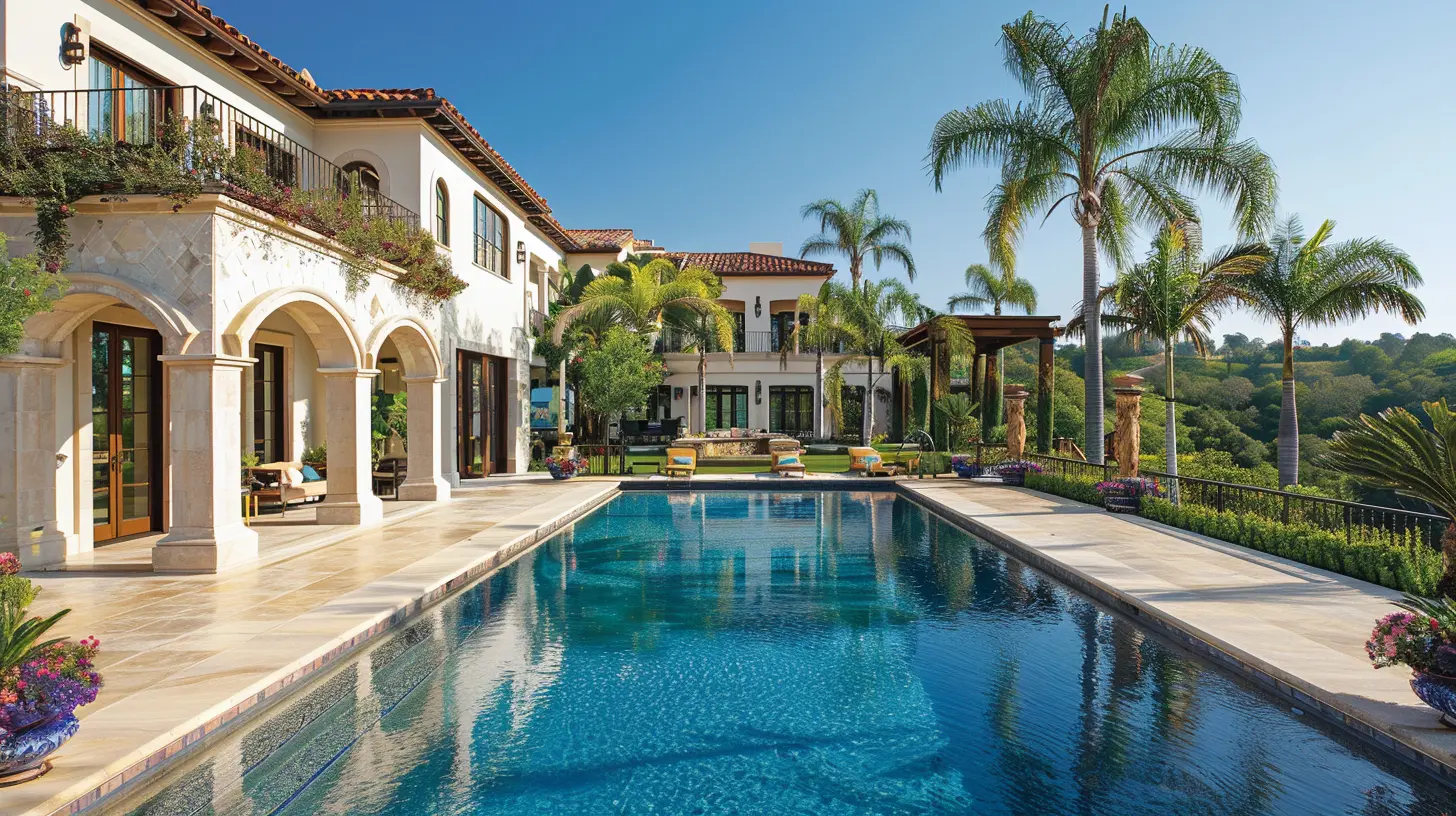
3. Globalization and Cross-Border Investments
In today’s interconnected world, luxury housing markets aren’t just defined by local buyers. Wealthy individuals from across the globe are looking to park their money in safe, tangible assets, and luxury properties often fit that bill.Take, for example, affluent buyers from Asia investing in real estate in the US or Europe. It’s not just about owning a home; it’s about diversification. These investors are drawn to markets that promise stability and high returns — and luxury properties in prime locations often check both boxes.
4. Infrastructure and Development
No one wants to buy a luxury home in the middle of nowhere, right? For a luxury housing market to thrive, the supporting infrastructure needs to be top-notch. We’re talking about high-end shopping districts, Michelin-starred restaurants, private schools, and state-of-the-art healthcare facilities.When governments and developers invest in improving infrastructure — such as building better roads, airports, and public services — it often triggers a rise in property demand. Larger-scale developments, like the creation of an exclusive marina or a luxury golf course, can also make certain locations irresistible to affluent buyers.
5. Lifestyle Trends and Preferences
Let’s cut to the chase: luxury buyers aren’t just buying square footage; they’re buying a lifestyle. And like everything else, lifestyles evolve. A decade ago, everyone wanted sprawling mansions. Today? Many buyers prioritize sustainability, wellness, and smart-home technology.Luxury homes with features like solar panels, energy-efficient systems, home gyms, wine cellars, or spa-like bathrooms are often in high demand. Post-pandemic, there’s also been a noticeable uptick in the need for private outdoor spaces, home offices, and multi-generational living areas. Trends like these play a huge role in shaping which luxury markets thrive.
6. Supply and Demand Dynamics
Remember your high school economics lessons about supply and demand? Well, they apply here too — just on a much grander scale. When there’s limited inventory in a sought-after area, prices soar. Why? Because wealthy buyers are willing to bid top dollar for exclusivity and rarity.Developers also play a key role here. In some markets, they intentionally limit supply to maintain property values. That’s why you’ll often hear about "off-market" listings or private sales in the luxury world — it’s all part of maintaining exclusivity.
7. Access to Financing and Mortgage Rates
Sure, cash buyers dominate the luxury market, but not everyone purchases a multi-million-dollar home outright. Access to favorable financing options and low mortgage rates can make luxury properties more attainable, even for the affluent.When interest rates are low, luxury buyers can leverage their wealth for larger, more extravagant properties. On the flip side, rising rates might lead to a slowdown in some markets, as buyers become more cautious about borrowing large sums.
8. Tax Policies and Incentives
Did you know taxes can either attract or deter wealthy buyers from investing in certain markets? Tax-friendly policies — like low property taxes, no estate taxes, or benefits for foreign investors — can boost the appeal of a luxury housing market.For example, Florida’s lack of state income tax makes it a magnet for wealthy buyers. Similarly, countries offering "golden visa" programs, where foreigners get residency in exchange for property investments, often see an uptick in luxury real estate transactions.
9. Cultural and Entertainment Appeal
Nothing screams luxury like being in the heart of world-class cultural and entertainment hubs. Cities that host prestigious events — think Cannes for its film festival or Monaco for its Grand Prix — naturally draw the wealthy.Access to opera houses, art galleries, luxury shopping brands, and five-star dining enhances a location’s allure. Many high-net-worth individuals want to be part of the action, and owning a luxury property close by ensures they don’t miss out.
10. The Role of Marketing and Branding
Marketing savvy isn’t just for sneakers and coffee shops; it plays a huge role in luxury real estate too. Developers and agents who master the art of storytelling can elevate a property’s perceived value.Ever noticed how some high-end listings seem like they belong in a James Bond movie? That’s intentional. From glossy brochures to cinematic videos and exclusive open-house events, good marketing can make a luxury home feel like a must-have.
11. Environmental and Climate Factors
Finally, there’s the environment. As global awareness about climate change rises, buyers are thinking twice about where they invest. Properties in areas prone to natural disasters, like floods or wildfires, might see their values dip. On the flip side, areas known for their pristine environments and eco-conscious communities often gain favor.Luxury buyers also consider things like air quality, weather, and even noise pollution when choosing a location. After all, peace and tranquility are priceless, aren’t they?
Final Thoughts
The growth of luxury housing markets boils down to a complex interplay of factors, ranging from economic conditions to buyer preferences. While some of these elements are predictable, others — like global crises or shifts in lifestyle trends — can take even the most seasoned professionals by surprise.If you’re looking to ride the wave of luxury real estate, staying ahead of these factors is key. After all, understanding what drives the market today can help you anticipate where it’s headed tomorrow. Sounds like a smart move, doesn’t it?



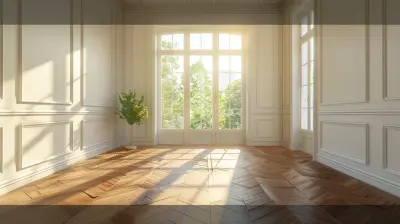


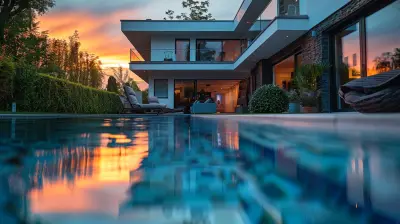
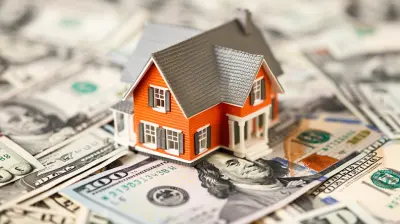

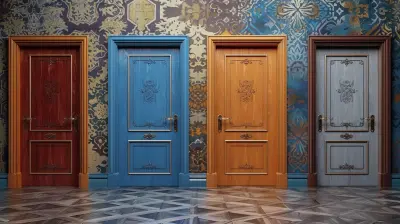

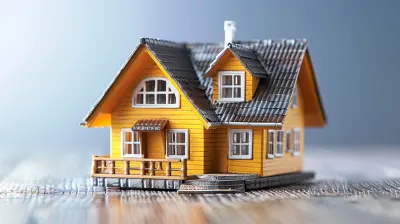
Maxine Potter
Ah, yes, luxury housing markets—where the main factor influencing growth is the number of private jets parked in the driveway. Who needs affordable housing when you've got gold-plated faucets?
March 28, 2025 at 5:53 AM